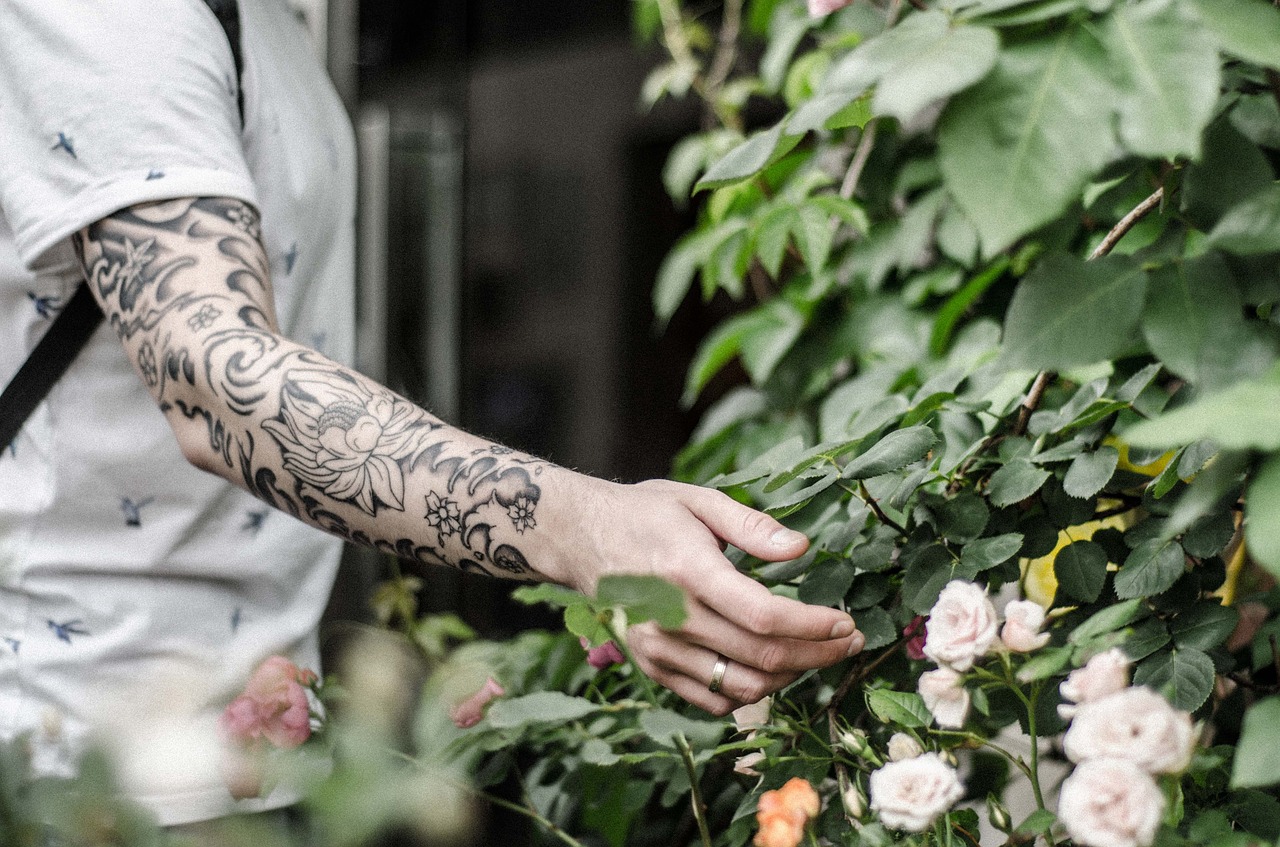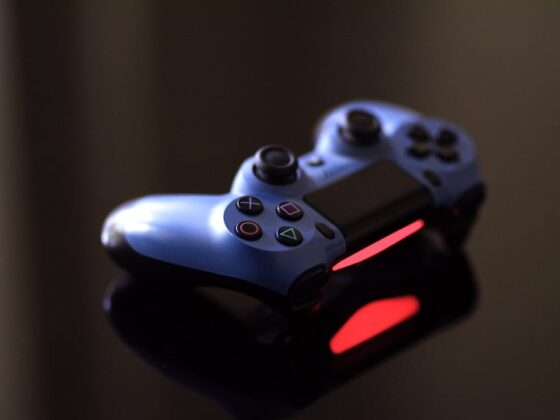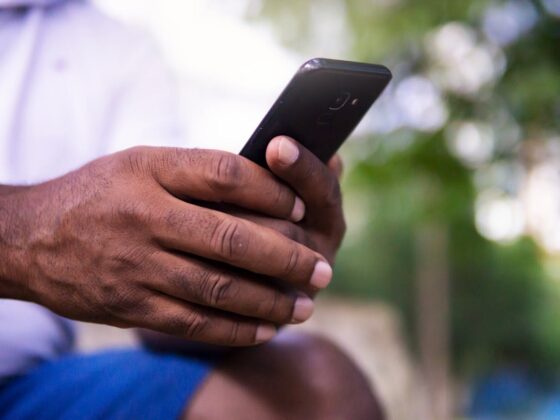
Tattoos are becoming more popular among both men and women in the west, yet it is to Japan that many tattooists turn for their inspiration. Like many things associated with the wonders of Japanese culture, tattoos are steeped in symbolism and have a rich history, but as we will talk about below there is a stigma attached to tattooing in Japan that may be surprising to those of us who enjoy beautiful skin inking.
Tattoos have been around for many thousands of years in some form, yet the art of tattooing spent a long time as a back street culture. Now having emerged into the mainstream there are many tattoo shops on high streets in the USA, in the UK and across the western world plying their trade with wonderful artwork that is a joy to see. Let’s talk about Japan and tattoos, and then we’ll look at some of the symbolism evident in Japanese tattoo forms.
Japan and Tattoos
Top studios such as Katana Tattoo who have some of the best artists working for them offer a full range of Japanese tattoo styles. Yet, there is a strong association in Japan between tattoos and organized crime gangs such as the Yakuza, who pledge allegiance with full-body covering. As a result, tattoos are frowned upon in a country where many of the styles originated. People who display tattoos in Japan may not be permitted to bathe in public baths, for example, and the authorities regularly clampdown of tattoo parlors using a series of somewhat obscure laws.
The history of tattoos in Japan is a strange one, with body ink signifying many things across the centuries. At one point tattoos were applied to identify criminals and the association with the criminal element mentioned above most likely stems from this practice. The modern-day aversion to tattoos in Japan is one that also has its roots in this historical association, but that does not stop the eastern style of tattoo from being extremely popular in the west.
There are many symbols that appear in Japanese tattoos and they carry often heavy meanings that are linked to that country’s folklore. Following we will talk about some of the more familiar that are used in tattoos in the USA and elsewhere so that you can understand the meaning of the symbols you want inked on your body.
Symbolic Meanings
In the USA tattoos are now mainstream with both men and women – especially young – appreciating what is a fine art and adorning their bodies with often beautiful and complex designs. That many of these are Japanese influenced is no surprise. The art of tattoos is known as Irezumi in Japan and still holds great significance as we have seen. Let’s start with one of the most popular of all – the dragon symbol.
The Dragon or Ryu
Ryu are a spiritual animal, represented as the mythical dragon we all know. The Ryu symbolizes strength and wisdom, as the dragon itself has the ability to alter the elements in Japanese folklore. Dragons in irezumi are not as we in the west traditionally know them but are a combination of the different animals the creature meets during its journey. Hence, a Ryu may have the head of a camel, for example, and the body of a snake, making this one of the most varied of all the irezumi symbols.
The Tengu or Ghost
Among the most curious of the irezumi symbols are the Tengu. These creatures, usually depicted as wrathful, represent ghosts as we know them, and are a symbol of war and destruction. Associated with the color red, the Tengu is a symbol not to be taken lightly in irezumi – as are many – and a Japanese would consider their options carefully before choosing a Tengu as a tattoo.
The Kappa or Japanese Turtle
A somewhat unsavory character, the Kappa is represented by a turtle-like creature with a cavity of water on his head. He is a surprising choice for a tattoo as he represents a myth of giant salamanders which once were believed to reach out from rivers and take people for food. He also has some unusual sexual behavior associated with him, and a Kappa is a mischievous creature although one that exhibits politeness – he’s not to be trusted!
Fujin and Raijin
Two gods of Japanese culture, Fujin is the deity of the wind, his brother Raijin that of lightning and thunder. Depicted in many forms, when this pair squabble – and they often do – a storm results, hence the latter often being pictured with drums representing thunder.
The above are just a few of the many symbols that are used in Japanese tattoos and we hope we have enlightened you as to the origins of these wonderful characters. Choose your irezumi character carefully and be sure to understand what it represents.







